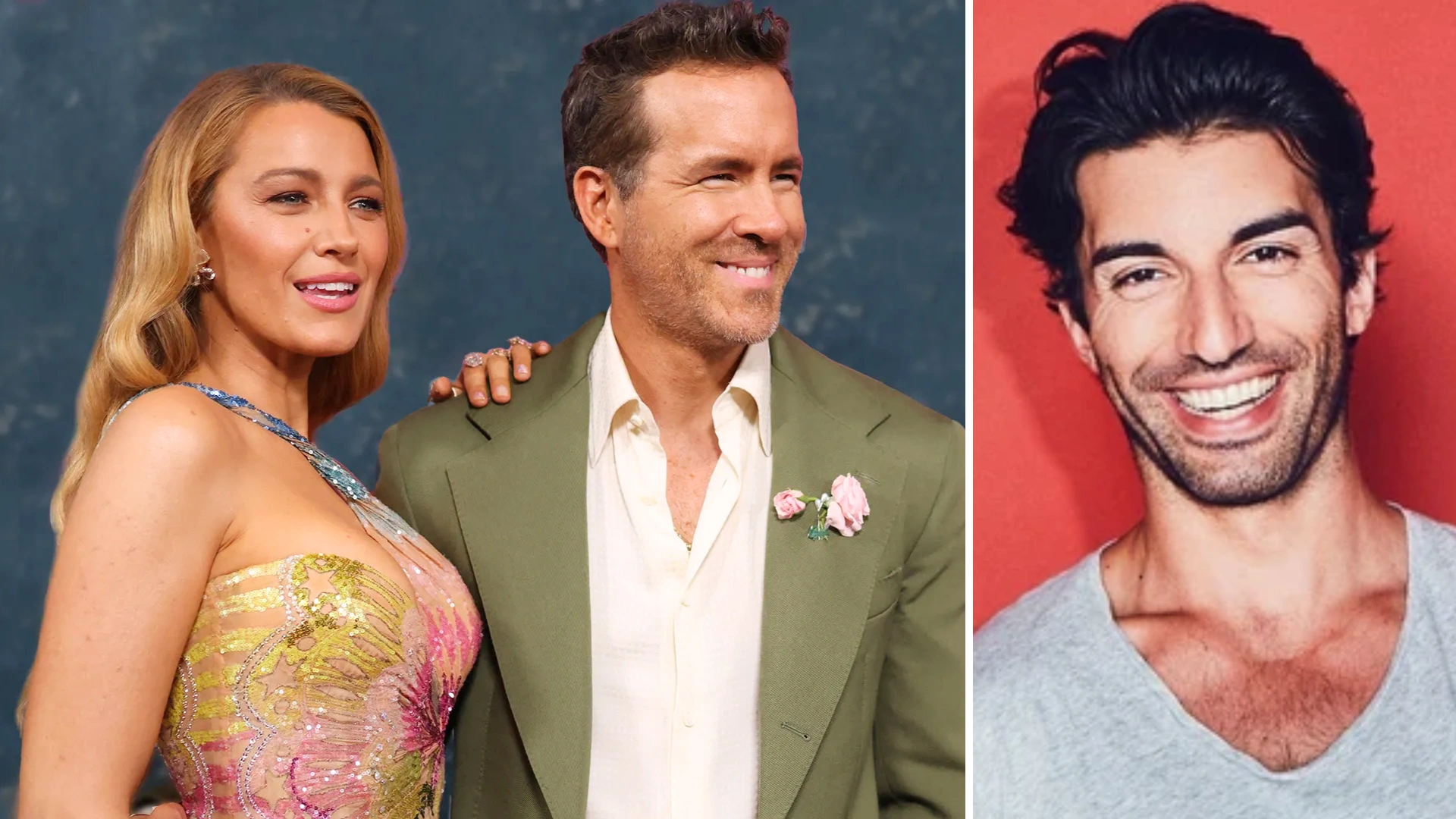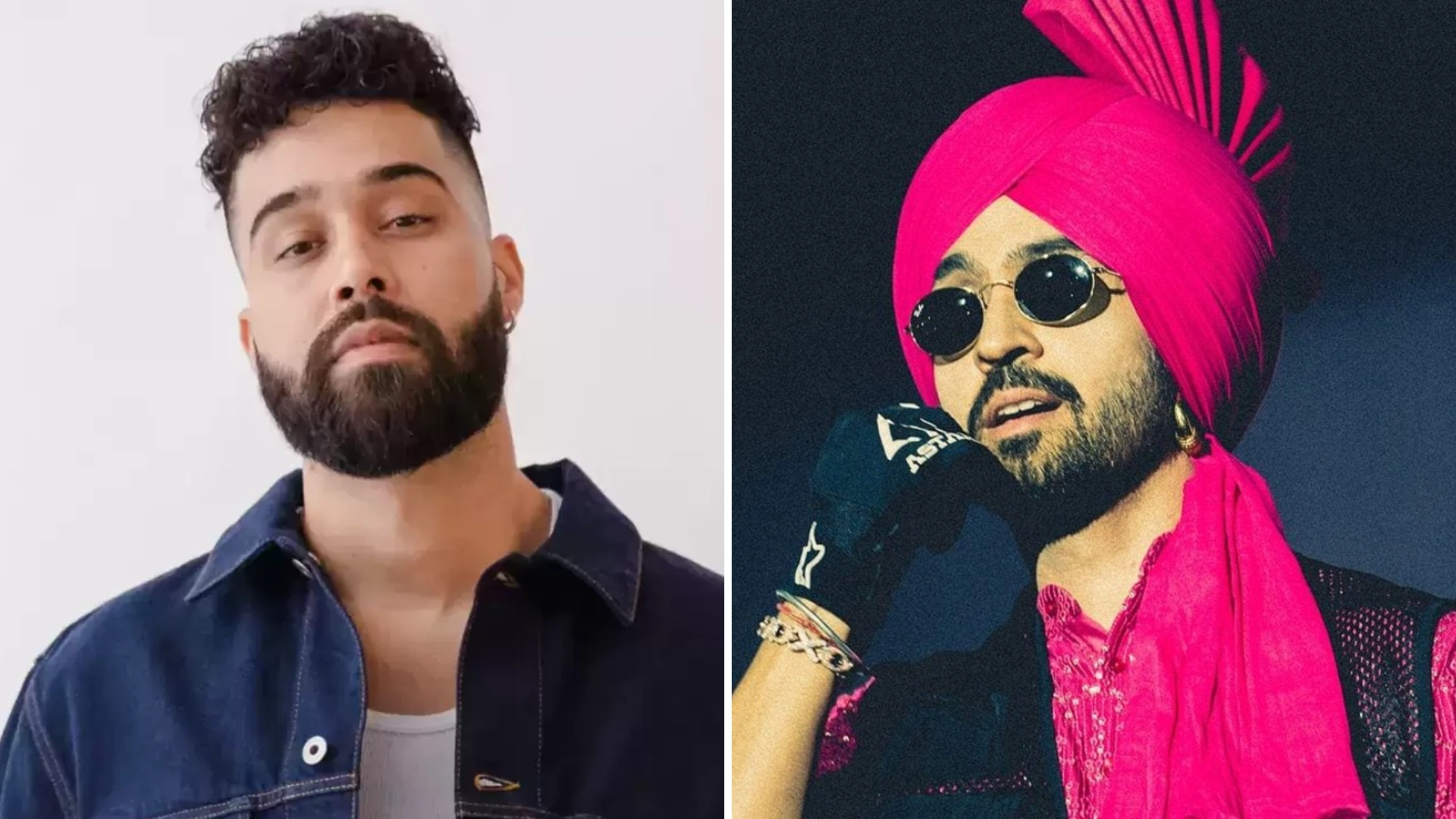The Supreme Court has granted bail to Arvind Kejriwal in the Delhi liquor policy case following his arrest by the Central Bureau of Investigation (CBI) on June 26. Kejriwal now joins other prominent figures, including Deputy CM Manish Sisodia, who have received bail in recent weeks.
Kejriwal challenged his arrest by the CBI and was released on bail after submitting bonds of Rs 10 lakh. The court instructed him to refrain from making public comments about the case and to attend all trial hearings unless granted an exemption. Kejriwal was also required to furnish bail bonds and was barred from making any public statements about the case. Additionally, he must attend all hearings, as noted by Justice Bhuyan, who expressed reservations about the conditions imposed in the Enforcement Directorate (ED) case, which restricted Kejriwal from entering the CM office.
Court criticizes the CBI’s actions
The court noted that Kejriwal had previously been questioned by the CBI in March 2023, but there was no need for his detention at that time. His arrest occurred shortly after his bail in a related ED money laundering case was stayed. Justice Bhuyan suggested that the CBI’s attempt to secure custody at this point seemed designed to undermine the earlier bail granted in the ED case. The court criticized the CBI’s actions as unjustified and emphasized that arrests should not be used as a means of harassment.
Senior advocate Abhishek Singhvi, representing Kejriwal, argued that the CBI had refrained from arresting the CM for almost two years. The arrest took place after Kejriwal received bail in a related ED money laundering case. Singhvi also pointed out that Kejriwal was not served prior notice before his arrest, and the trial court issued an ex-parte arrest order.
Manish Sisodia granted bail on August 9
Manish Sisodia, the Deputy CM of Delhi, was granted bail on August 9 after spending 17 months in jail on money laundering charges related to the excise policy. The Supreme Court granted him bail in both ED and CBI cases and ordered his release after the payment of Rs 10 lakh in bail bonds. Sisodia was required to surrender his passport and report to the police station every Monday. The plea to bar Sisodia from the Delhi Secretariat, made by the ED/CBI, was rejected by the Supreme Court. The prosecution has lined up 493 witnesses, with over a lakh pages of documents involved in the case.
Sisodia had already undergone two rounds of bail litigation. In the first round, on October 30 of the previous year, the apex court denied him interim bail but upheld his right to a speedy trial. The investigating agencies had assured the court that the trial would be completed within six to eight months. The second round ended on June 4, 2024, when the Supreme Court denied interim bail but allowed Sisodia to renew his plea after the final charge sheet was filed. The court noted the ED’s “self-contradictory” claims and deemed the three months spent by Sisodia’s legal team to review 69,000 pages of documents reasonable.
K Kavitha granted bail on August 28
K Kavitha, leader of the Bharat Rashtra Samithi (BRS) and daughter of former Telangana chief minister K Chandrasekhar Rao, was granted bail in the liquor policy case on August 28. The Supreme Court overruled the Delhi High Court’s dismissal of her bail, ordering her immediate release in both the ED and CBI cases upon furnishing Rs 10 lakh bail bonds for each case.
The court imposed conditions on Kavitha’s bail, requiring her to attend the trial regularly and cooperate with the speedy resolution of the case. It also warned her against tampering with evidence or influencing witnesses. Justices BR Gavai and KV Viswanathan criticized the central agencies for what they described as a “pick and choose” approach, questioning the fairness of the prosecution in the excise policy case. Justice Gavai questioned the Additional Solicitor-General (ASG) about the investigative agencies’ methods, as reported.
The Supreme Court expressed surprise that the Delhi High Court denied Kavitha’s bail on July 1, citing her as an “educated, sophisticated woman.” Senior advocate Mukul Rohatgi, representing Kavitha, argued that she had already spent five months in jail as an undertrial, and her custody was no longer necessary. The trial involves 493 witnesses and over 50,000 pages of documents.
Sanjay Singh granted bail on April 3
Sanjay Singh, an AAP Rajya Sabha MP, was granted bail by the Supreme Court on April 3, six months after his arrest by the ED in the Delhi excise policy case. He was accused of receiving Rs 2 crore in illegal cash at his residence in New Delhi.
A Supreme Court bench, led by Justice Sanjiv Khanna and including Justices Dipankar Datta and PB Varale, allowed Singh to continue his political activities during the bail period. Singh was arrested on October 4, 2023, following a search of his home. The ED alleged that businessman Dinesh Arora, an accused who later became an approver in the excise policy case, had given Rs 2 crore in cash to Singh.
During the hearing, the bench asked the ASG if the ED truly wanted to keep Singh in custody for six months, given the circumstances.
Others granted bail in Delhi Liquor Policy Case
Other individuals granted bail include Vijay Nair, former communications head of AAP; liquor businessman Sameer Mahendru; Benoy Babu, regional manager of Pernod Ricard India; Rajesh Joshi, Chariot Production media director; Gautam Malhotra, Punjab liquor baron; Arun Pillai, Hyderabad businessman; AAP volunteer Chanpreet Singh; and Vinod Chauhan.
Additionally, three individuals who turned approvers—P Sarath Chandra Reddy, director of Aurobindo Pharma; Raghav Magunta, son of Magunta Srinivasulu Reddy; and businessman Dinesh Arora—were also granted bail after cooperating with the investigation.
Of the 18 individuals arrested by the ED, 14 have received bail. This includes 11 who were granted regular bail and three given interim bail, including Kejriwal, Hyderabad businessman Abhishek Boinpally, and liquor firm director Amit Arora. Only one individual, businessman Amandeep Dhall, remains in judicial custody. His bail plea is still under consideration by the Delhi High Court.
What is Delhi liquor excise policy case?
The Delhi liquor excise policy case centers around claims that Arvind Kejriwal and the AAP received ₹100 crore in kickbacks, with substantial payments from a group led by Kavitha, for the allocation of wholesale licenses. The ED and CBI suspect that these funds were later used by the AAP to finance election campaigns, including the 2022 Goa Assembly election.
Both Kejriwal, the AAP, and Kavitha, representing the BRS of former Telangana Chief Minister K Chandrasekhar Rao, have denied the accusations. They have instead alleged that the ruling Bharatiya Janata Party, under whom the ED and CBI operate, is orchestrating a campaign against its opponents, particularly ahead of elections.
Also Read: Arvind Kejriwal Bail: Supreme Court Bars Delhi CM From Visiting Chief Minister’s Office
















